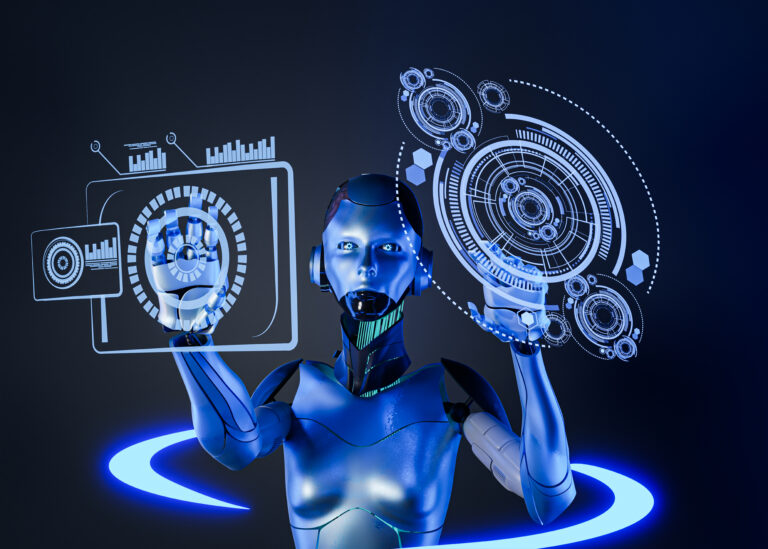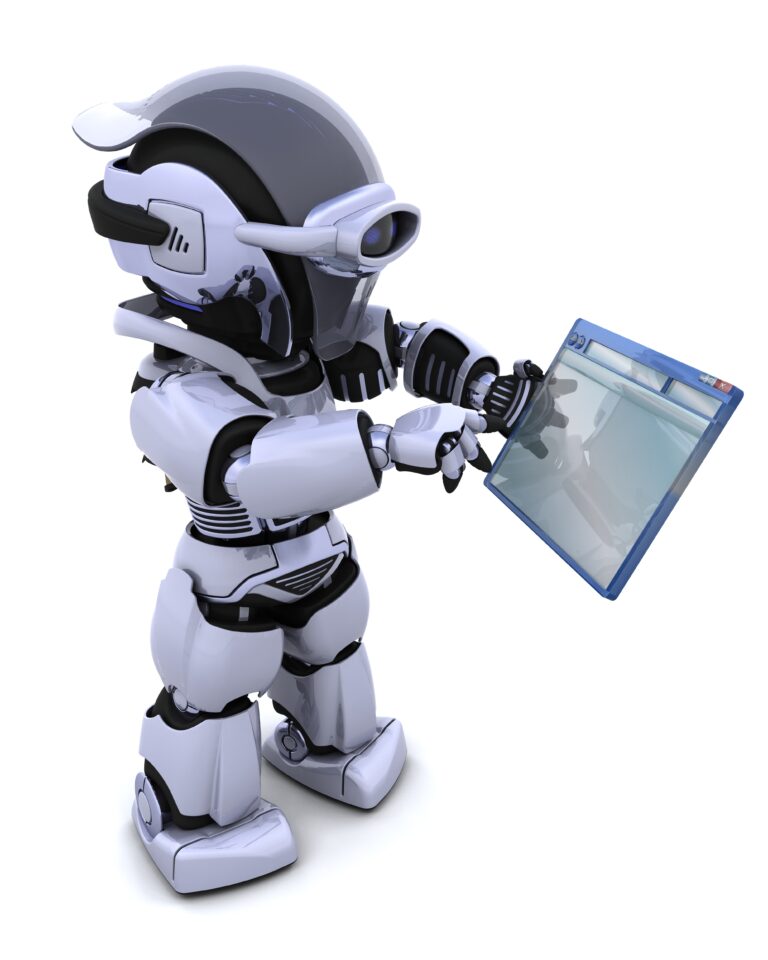
In the rapidly evolving world of finance, robotic accounting is poised to revolutionize how accounting tasks are managed. By incorporating cutting-edge automation technologies like Robotic Process Automation (RPA) and Artificial Intelligence (AI), robotic accounting will streamline financial operations and significantly improve efficiency.
This transformation will automate routine tasks—such as data entry, account reconciliations, and financial reporting—freeing up finance professionals to focus on higher-level strategic activities. As a result, organizations will experience improved productivity, reduced errors, and smarter decision-making.
What sets robotic accounting apart is its ability to achieve precision, speed, and efficiency simultaneously. As financial operations become increasingly complex, robotic accounting will simplify workflows, strengthen compliance, and accelerate the delivery of accurate financial insights. This adaptability will enable businesses to respond swiftly to changing market conditions and financial pressures with confidence.
How Robotic Accounting Will Work: The Mechanics of Automation
The operation of robotic accounting will be driven by a combination of automated workflows, seamless data integration, and real-time monitoring, all powered by RPA and AI.
Here’s a detailed look at how the process will unfold:
Task Identification : Businesses will begin by identifying high-volume, rules-based tasks that are ideal for automation. These tasks typically include invoice processing, bank reconciliations, and the generation of financial reports.
Bot Development and Customization : Automation bots will be developed using RPA tools, designed to mimic human actions like extracting data from emails and documents, entering it into accounting systems, and performing calculations.
Data Integration : The bots will integrate smoothly with various financial systems, including Enterprise Resource Planning (ERP) platforms and accounting software. This integration will allow them to access and pull real-time data from multiple sources, ensuring consistency and reducing the risk of data entry errors.
Task Execution and Monitoring : Once deployed, the bots will autonomously perform tasks with remarkable speed and accuracy. Their performance will be continuously monitored in real-time, allowing administrators to resolve any issues quickly and ensure the process runs smoothly.
Insights and Reporting : Robotic accounting systems will feature advanced analytics and reporting capabilities. These tools will provide valuable insights into task efficiency and overall performance, enabling organizations to identify areas for further automation and process improvement.

Applications of Robotic Accounting: Transforming Finance
Robotic accounting will redefine several critical financial functions, driving greater accuracy, speed, and efficiency while reducing the need for manual intervention.
Here’s a look at some of the key applications:
Invoice Processing : Automated systems will capture, validate, and process invoices, minimizing errors and speeding up payment cycles. Bots will also reconcile invoices with purchase orders, ensuring timely payments and boosting cash flow management.
Data Entry Automation :Robotic accounting will eliminate the need for manual data entry by automating the transfer of information between systems. This will ensure data consistency and accuracy across all platforms, reducing the administrative burden on finance teams.
Bank Reconciliation : The automation of bank reconciliation will allow bots to match transactions in accounting systems with those in bank statements. Discrepancies will be identified and flagged quickly, reducing errors and saving time.
Financial Reporting : Robotic accounting will simplify the generation of financial reports, including balance sheets, income statements, and cash flow statements. Bots will pull real-time data from various sources, ensuring reports are always up-to-date and accurate.
Accounts Payable and Receivable : Automation tools will handle the entire accounts payable and receivable process, from invoice creation to payment processing. Bots will track overdue payments, send reminders, and automate approval workflows, improving cash flow and operational efficiency.
Forecasting and Budgeting : By analyzing historical data, robotic accounting will assist in generating accurate forecasts and budgets. It will quickly process large datasets, enabling finance teams to identify trends and make data-driven financial projections.
Future Trends in Robotic Accounting: What to Expect :
As AI and machine learning technologies continue to evolve, robotic accounting will become an essential tool in financial management. Here’s what the future will hold:
Predictive Analytics :
Robotic accounting systems will empower organizations to forecast financial trends and adapt proactively to market shifts, enhancing long-term strategic planning.
Real-Time Fraud Detection :
Bots will have the capability to identify unusual transactions or patterns in real-time, offering a powerful layer of security and reducing the risk of financial fraud.
Deeper Integration with Forecasting Models :
Advanced robotic accounting systems will offer deeper integration with financial forecasting models, providing enhanced decision-making support and improving the accuracy of financial predictions.
As robotic accounting continues to evolve, it will shift from a tool for automating repetitive tasks to a strategic asset in financial decision-making. Organizations will leverage these advanced capabilities to anticipate market fluctuations, refine their business strategies, and proactively address financial challenges.
A New Era for Finance Teams
Looking ahead, robotic accounting will redefine the role of finance teams. By automating routine transactional duties, finance professionals will be freed to focus on higher-value tasks like strategic planning, risk management, and innovation. This shift will not only help organizations reduce operational costs and increase accuracy but also unlock new opportunities for growth and efficiency in an increasingly complex financial landscape. In the long run, robotic accounting will become an indispensable part of every finance department, enabling businesses to navigate the future with greater agility and intelligence.

